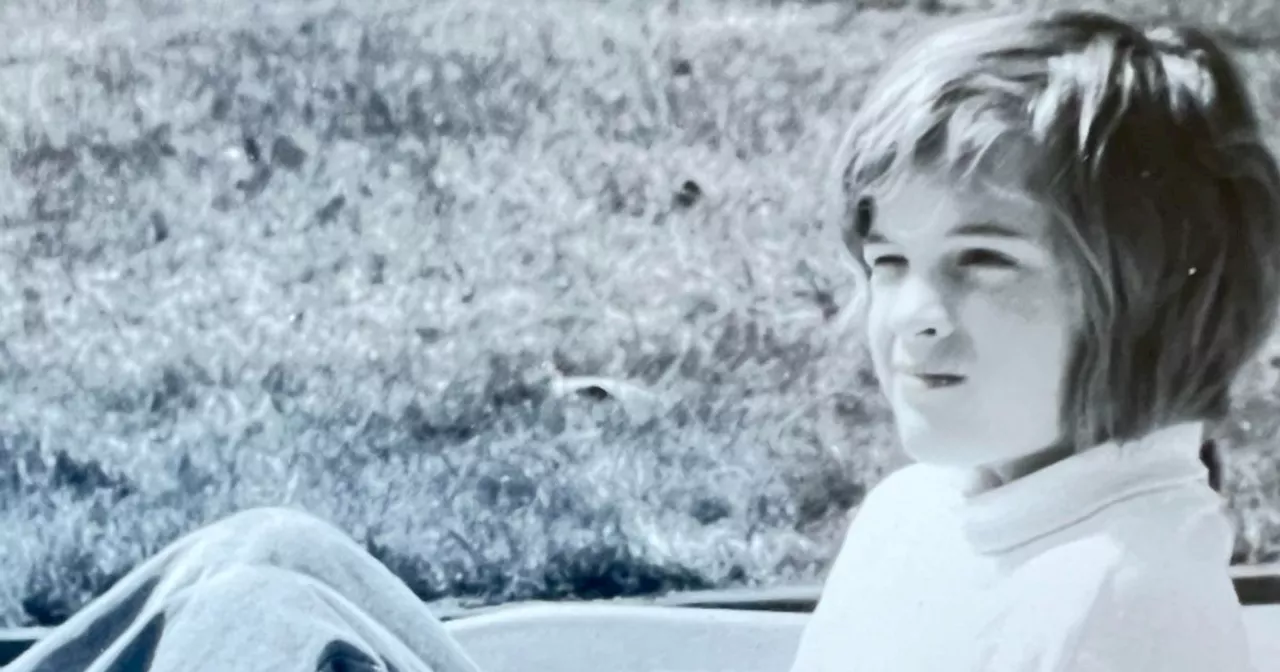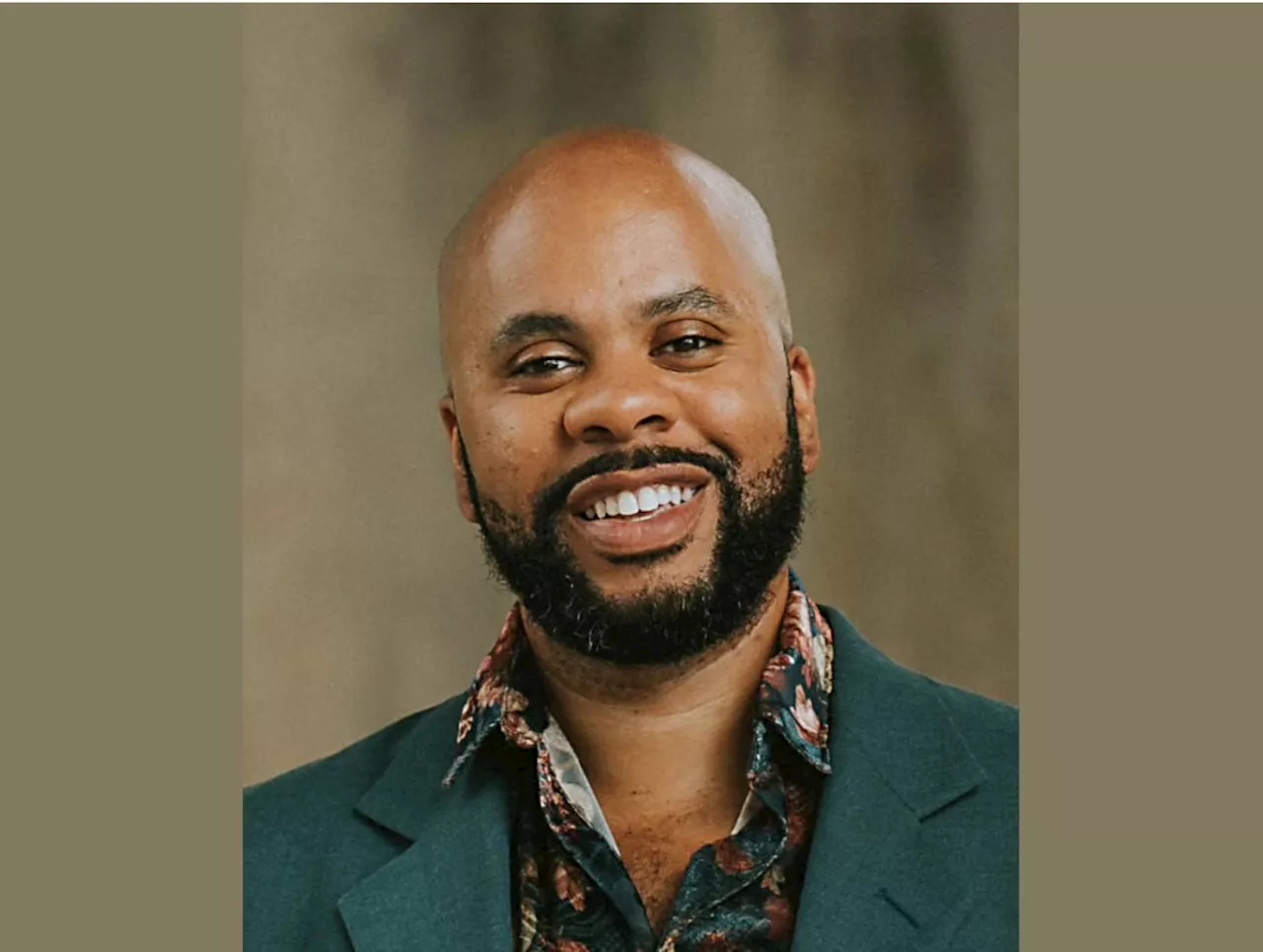This article explores the complexities of familial estrangement within Black, Indigenous, and People of Color (BIPOC) communities. It delves into the cultural, societal, and historical factors that contribute to this challenging decision, emphasizing the importance of understanding the unique experiences of BIPOC individuals.
A client sits across from me, wringing her hands as tears stream down her face. “Everyone keeps saying, ‘Blood is thicker than water,’” she laments. “My friends don’t understand why I can’t just my family and move on. But they don’t know what it’s like to feel completely drained every time I’m around them. I made this choice for my own sanity, but no one seems to respect it.” Her words resonate deeply with me as a therapist.
I’ve worked with many clients who have chosen parental or familial estrangement, particularly within Black, Indigenous, and People of Color (BIPOC) communities. The decision to disconnect from family is never easy and is often laden with complex cultural, societal, and historical factors that make it even more challenging for BIPOC individuals.Familial estrangement in BIPOC communities is often met with intense scrutiny and judgment. Cultural norms frequently emphasize the importance of family loyalty, collectivism, and interdependence, making estrangement a choice that can feel like an act of betrayal. For many BIPOC individuals, family is not just a source of emotional connection but also a key component of survival, cultural continuity, and identity. In my practice, I’ve learned the importance of cultural humility when working with BIPOC clients navigating these decisions. Familial dynamics in BIPOC communities often differ from those in white-dominant cultures. For example, extended family members may play a central role in daily life, and hierarchical respect for elders is often non-negotiable. Additionally, historical and systemic factors, such as forced family separations during slavery, Indigenous boarding schools, and immigration policies, add layers of complexity to familial relationships. These histories often create both a deep sense of obligation to preserve family ties and profound wounds that make those ties difficult to maintain. For some BIPOC individuals, estrangement from family can be a necessary step for healing from issues such as transgenerational trauma, abuse, or differing cultural values.For BIPOC individuals, discussing familial estrangement is often fraught with layers of personal pain and the weight of societal expectations that idealize family unity. For those in the LGBTQ+ community, this challenge is further compounded by the intersecting experiences of rejection based on sexual orientation and gender identity. Cultural norms around family loyalty and communal belonging can amplify feelings of isolation, making the decision to pursue estrangement a deeply complex and emotionally charged act of self-preservation. Yet, for many, stepping away from harmful family dynamics is necessary to safeguard their well-being. In these moments, chosen families emerge as vital sources of affirmation, understanding, and unconditional support. By embracing relationships grounded in mutual care and respect, BIPOC individuals can forge connections that nurture their emotional and spiritual well-being. I encourage clients to affirm that their decision to estrange is valid, even when others may not understand, acknowledging the pain of losing family while prioritizing their psychological safety as an act of self-preservation. Sharing their journey with others who have faced similar challenges can foster solidarity and affirmation. In these discussions, I approach clients with sensitivity and a trauma-informed lens, recognizing the cultural narratives that shape their family dynamics and coping mechanisms. By validating clients’ feelings and experiences while honoring their cultural context, we create space for healing rather than perpetuating the pain of familial conflict. The saying “blood is thicker than water” is often wielded as a weapon to guilt individuals into maintaining familial ties, regardless of the harm those ties may cause. However, few people know the full quote: “The blood of the covenant is thicker than the water of the womb.” This original meaning emphasizes chosen bonds over biological ones, highlighting the importance of relationships built on mutual respect, trust, and care. BIPOC individuals navigating familial estrangement often wrestle with societal expectations, cultural norms, and their own need for psychological safety. Friends and community members may pressure them to reconcile, failing to understand the emotional toll of maintaining toxic relationships. To navigate these conversations, I encourage individuals to set clear boundaries, such as explaining their decision without over-justifying it. They can also redirect the conversation when it becomes intrusive or overwhelming and seek out allies who validate their experiences and choices. These strategies help create a sense of agency and protect emotional well-being in the face of pushback. Estrangement is never a one-size-fits-all decision, and the path forward is deeply personal. BIPOC individuals face unique challenges in making this choice, from cultural expectations to systemic traumas. As a therapist, I practice cultural humility, create safe spaces for difficult conversations, and honor the complexities of each client’s experiences
Familial Estrangement BIPOC Communities Cultural Norms Trauma Chosen Families Mental Health Social Support
United States Latest News, United States Headlines
Similar News:You can also read news stories similar to this one that we have collected from other news sources.
 Navigating Estrangement: Five Things I Wish I Knew After Cutting Contact With My MotherThis personal essay explores the author's decision to break contact with her mother after years of emotional abuse. It details the difficult process of recognizing the need for distance and the unexpected challenges that followed, including societal pressure and the struggle to reconcile with her own feelings.
Navigating Estrangement: Five Things I Wish I Knew After Cutting Contact With My MotherThis personal essay explores the author's decision to break contact with her mother after years of emotional abuse. It details the difficult process of recognizing the need for distance and the unexpected challenges that followed, including societal pressure and the struggle to reconcile with her own feelings.
Read more »
 BIPOC triumphs, “Emilia Pérez” wins big, and Cynthia Erivo snub shocks at Golden GlobesThe Golden Globes was filled with surprises and historic wins, with BIPOC talent soaking up much of the limelight.
BIPOC triumphs, “Emilia Pérez” wins big, and Cynthia Erivo snub shocks at Golden GlobesThe Golden Globes was filled with surprises and historic wins, with BIPOC talent soaking up much of the limelight.
Read more »
 Family Estrangement After Wedding Invite DramaA reader writes about her family disowning her after her daughter's wedding guest list excluded her sister. The article discusses the complexities of familial estrangement and offers advice on navigating these difficult situations.
Family Estrangement After Wedding Invite DramaA reader writes about her family disowning her after her daughter's wedding guest list excluded her sister. The article discusses the complexities of familial estrangement and offers advice on navigating these difficult situations.
Read more »
 'Shifting Gears' brings Tim Allen back to TV, along with some familial political differencesTim Allen stars as a curmudgeonly father and Kat Dennings as his estranged daughter in this ABC multicam sitcom that features some sociopolitical humor.
'Shifting Gears' brings Tim Allen back to TV, along with some familial political differencesTim Allen stars as a curmudgeonly father and Kat Dennings as his estranged daughter in this ABC multicam sitcom that features some sociopolitical humor.
Read more »
 Strategic Buying Revives Bitcoin: Navigating Critical Levels Amidst Market VolatilityPivotal Price Zones in Focus: Strategic Buying Amid Turbulent Markets The cryptocurrency market continues to exhibit remarkable volatility, offering significant opportunities for institutional and retail investors alike.
Strategic Buying Revives Bitcoin: Navigating Critical Levels Amidst Market VolatilityPivotal Price Zones in Focus: Strategic Buying Amid Turbulent Markets The cryptocurrency market continues to exhibit remarkable volatility, offering significant opportunities for institutional and retail investors alike.
Read more »
 Paperwork Purgatory: Navigating the Red Tape After WildfiresWith the containment of the Palisades and Eaton fires improving, residents are returning to their neighborhoods to face the daunting task of post-fire paperwork. Filing insurance claims, registering with FEMA, and securing temporary housing are just some of the bureaucratic hurdles they must overcome. This article explores the emotional toll of paperwork overload and offers practical tips for coping with the overwhelming task.
Paperwork Purgatory: Navigating the Red Tape After WildfiresWith the containment of the Palisades and Eaton fires improving, residents are returning to their neighborhoods to face the daunting task of post-fire paperwork. Filing insurance claims, registering with FEMA, and securing temporary housing are just some of the bureaucratic hurdles they must overcome. This article explores the emotional toll of paperwork overload and offers practical tips for coping with the overwhelming task.
Read more »
